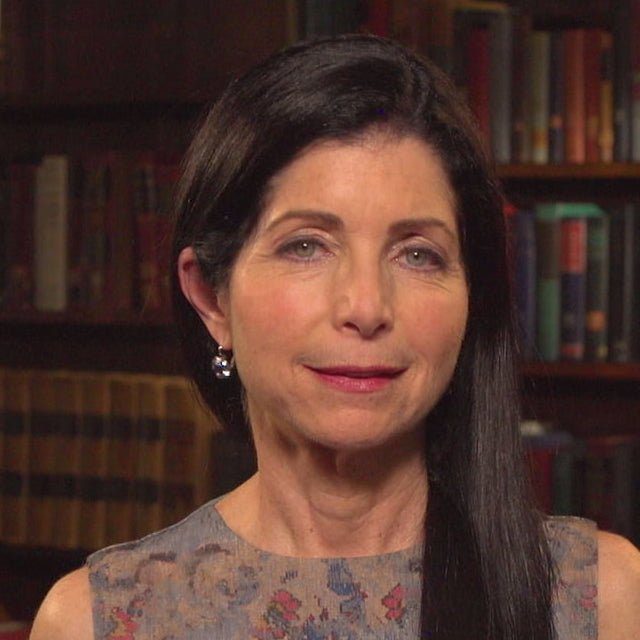About Us
Our Mission
Educating about the potential adverse effects of benzodiazepines taken as prescribed.
ABOUT
Our Vision
We seek to break the stigma and raise awareness around prescribed benzodiazepine injury; provide a voice to the patients who are suffering, and facilitate research and access to competent, evidence-based medical care for those impacted by benzodiazepine-induced disability.

They are the only people taking this issue seriously.
Jarret B., supporter
General Advisory Board
Medical Advisory Board
In Memoriam
our Philosophy
Those suffering from a benzodiazepine induced disability lack adequate support as they struggle to understand the cause of their suffering and find treatment. They are told the problem doesn’t exist, that it is “all in their head”, and are given irrelevant tests resulting in misdiagnosis. Even when the cause of the injury is discovered, medical professionals often employ a classic “addiction” model that is inappropriate, and often disabling, for the more common problem of benzodiazepine dependence resulting from prescribed usage under medical supervision. Patients should not be forced to undergo the most deadly drug withdrawal known to science based on information gathered from the internet. Yet, since accurate information is not provided by most prescribers, websites devoted to benzodiazepine withdrawal often perform a life-saving function. Because some patients have little-to-no trouble taking benzodiazepines or coming off of them, the medical community assumes this experience is, or should be, the norm. We believe the responsible response is more research into the extremely variant impacts these drugs have on different people. A deficit of information has allowed the benzodiazepine epidemic to spread for decades, and urgently requires redress.
As we work to raise awareness of the risks of these drugs, we also seek to end the silence and stigma that has surrounded benzodiazepine induced disability for more than half a century. We seek change by educating and partnering with doctors, mental health providers, journalists, lawmakers, researchers, the benzodiazepine-impacted community, and society at large. Our deep personal understanding of the medical and social needs of the benzodiazepine impacted community informs all of our advocacy, from education and outreach, to lobbying for more research and the passage of informed consent laws that equip doctors and their patients with knowledge about the risks of using these drugs in a non-emergency context. Our work will continue until benzodiazepines are at the forefront of the national healthcare conversation; until patients are given adequate informed consent; until the rate of injury is significantly lowered; and until those cases that remain are understood and treated appropriately.
Who We Are
We are a group of patients and medical professionals who believe the over-prescription of benzodiazepines without proper warning has resulted in a growing national epidemic of benzodiazepine injury. While we understand and respect the value of these drugs when used appropriately, deep and widespread ignorance of their risks on the part of patients and prescribers has caused enormous and preventable suffering.
Our History
In the summer of 2016, Benzodiazepine Information Coalition formed as a U.S. non-profit organization dedicated to advocating for awareness and reform around the dangers of benzodiazepines, motivated by the years of watching benzodiazepine-injury support groups grow in membership by the thousands without any corresponding increase in attention from the public or medical community.
Why We Are Different
Because benzodiazepine-injury often does not fit common preconceptions about “side effects,” its victims all too often suffer for years in silence, shame, and confusion. Our advocacy is informed by our members’ personal experience, the scientific literature, and input from an advisory board comprised of physicians and other medical and mental health professionals.
Frequently
Asked
Questions
Some of our most frequently asked questions are answered here.
SAFE + EASY DONATIONS
Support Benzodiazepine Awareness and Help Us:
- Gain recognition of the existence and severity of prescribed benzodiazepine injury
- Hold and participate in events to educate prescribers and the public
- Push for policies that protect patients on benzodiazepines, whether they choose to remain on or taper off
- Protect those presented with benzodiazepines as a treatment option by giving them true informed consent
- Create more media awareness about this silent epidemic
- Advocate for more prescriber training in safe prescribing and cessation
- Fund research and show the need for future research that helps the harmed
























